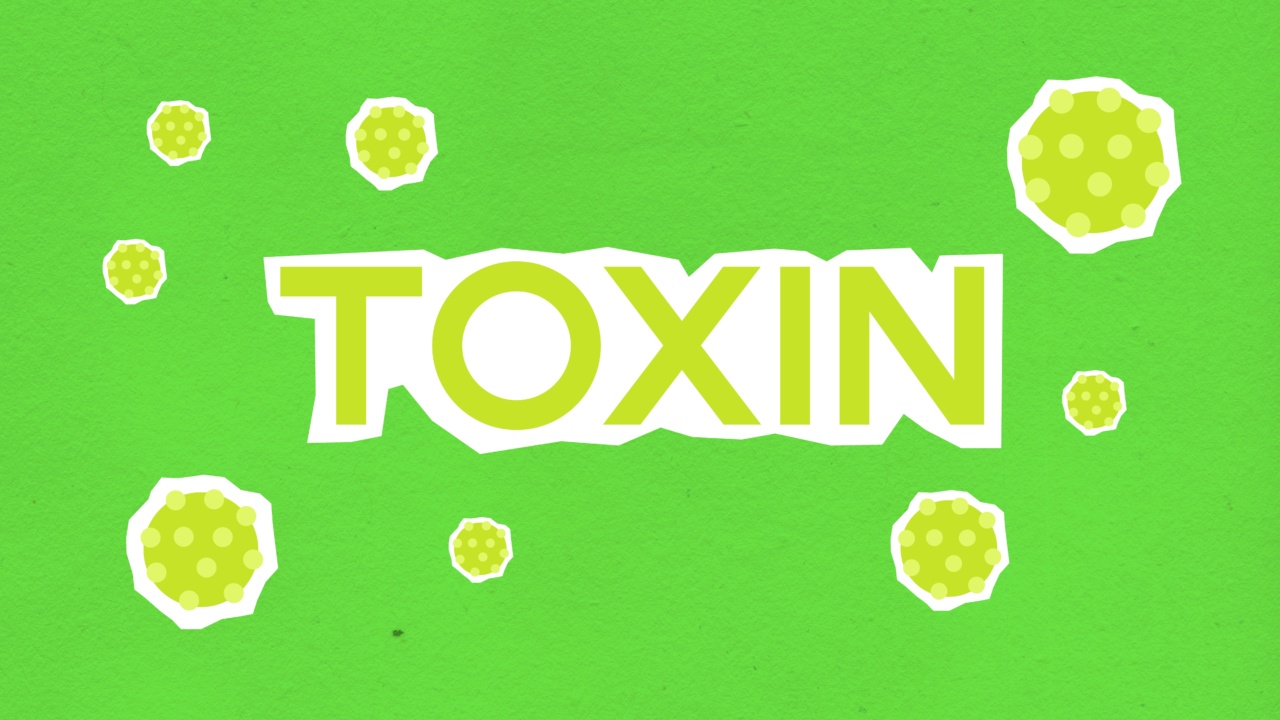Eating habits play a significant role in our overall health, including our risk of developing cancer. Several studies have shown that certain diet patterns can either increase or decrease the likelihood of developing different types of cancer.
By understanding how our eating habits affect cancer risk, we can make informed dietary choices to reduce our chances of developing this deadly disease.
The Link Between Diet and Cancer
Research has shown a strong association between dietary factors and the development of various types of cancer. Studies have identified several mechanisms by which certain foods and nutrients can either promote or inhibit cancer cell growth.
The Impact of Obesity
One of the most significant ways in which our eating habits affect cancer risk is through the development of obesity. Obesity is a known risk factor for several types of cancer, including breast, colorectal, pancreatic, and kidney cancer.
The consumption of energy-dense, nutrient-poor foods high in calories, saturated fats, and added sugars contributes to weight gain and increases the risk of obesity.
The Role of Fruits and Vegetables
A diet rich in fruits and vegetables has been consistently associated with a decreased risk of cancer. These plant-based foods are abundant in vitamins, minerals, fiber, and antioxidants, which help protect against the development of cancer.
Adequate intake of fruits and vegetables, particularly those with vibrant colors, can provide the body with essential phytochemicals that have been shown to have anticancer properties.
The Importance of Whole Grains
In contrast to refined grains, whole grains retain the fiber-rich bran and nutrient-packed germ, making them a healthier choice.
Several studies have found that a high intake of whole grains is associated with a reduced risk of developing colorectal cancer. The fiber present in whole grains aids in promoting regular bowel movements and preventing the buildup of carcinogens in the colon.
The Dangers of Processed Meats
Consumption of processed meats, such as sausages, hot dogs, and bacon, has been linked to an increased risk of colorectal and stomach cancers.
These meats are typically high in fat and sodium and often contain added preservatives, such as nitrates and nitrites. When these processed meats are cooked at high temperatures, harmful compounds like heterocyclic amines (HCAs) and polycyclic aromatic hydrocarbons (PAHs) can form, which are known carcinogens.
The Role of Red Meat
While red meat can be a valuable source of essential nutrients like iron and protein, excessive consumption has been associated with an increased risk of certain cancers, especially colorectal cancer.
Cooking red meat at high temperatures can also lead to the formation of HCAs and PAHs, similar to processed meats. Moderation and choosing lean cuts of meat, as well as opting for cooking methods like grilling or baking instead of frying, can help minimize the potential risks.
Alcohol Consumption and Cancer Risk
Regular and excessive alcohol consumption has been linked to an increased risk of developing several types of cancer, including breast, liver, and esophageal cancer.
Ethanol, the type of alcohol found in alcoholic beverages, can be converted by the body into acetaldehyde, a carcinogen. Chronic alcohol consumption can also lead to liver cirrhosis, which further increases the risk of liver cancer.
Protective Effects of Antioxidants
Antioxidants play a vital role in protecting our cells from damage caused by harmful substances known as free radicals.
Fruits, vegetables, and other plant-based foods are rich in antioxidants, including vitamins A, C, and E, as well as selenium and beta-carotene. These antioxidants neutralize free radicals, reducing the risk of DNA damage and the development of cancer cells.
The Influence of Cooking Methods
The way we prepare and cook our food can also influence cancer risk. Certain cooking methods, such as grilling, frying, and broiling, can produce harmful compounds when high temperatures are applied.
In contrast, boiling, steaming, and poaching at lower temperatures can help preserve more beneficial nutrients and reduce the production of carcinogenic substances.
Gut Health and Cancer Prevention
The health of our gut microbiota, the trillions of microorganisms residing in our digestive system, has emerged as an essential factor in cancer prevention.
A diet high in fiber from fruits, vegetables, and whole grains promotes a diverse and balanced gut microbiome, which contributes to a healthy immune system and helps prevent the development of cancer cells.
The Role of Sugar and Artificial Sweeteners
Excessive sugar consumption has been linked to obesity, which increases the risk of various types of cancer. Additionally, sugar and artificial sweeteners can fuel the growth of cancer cells by providing them with a readily available source of energy.
Reducing the intake of sugary beverages, processed foods, and desserts can help minimize the risk.
Conclusion
It is clear that our eating habits play a crucial role in determining our risk of developing cancer.
By adopting a balanced and nutritious diet that includes plenty of fruits, vegetables, whole grains, and lean proteins, while limiting processed and unhealthy foods, we can significantly reduce our chances of developing this deadly disease. Making informed choices about the way we cook and prepare our meals can also help further mitigate cancer risks.
Remember, prevention is always better than treatment when it comes to cancer, and a healthy diet is a powerful tool in the fight against this devastating illness.






























